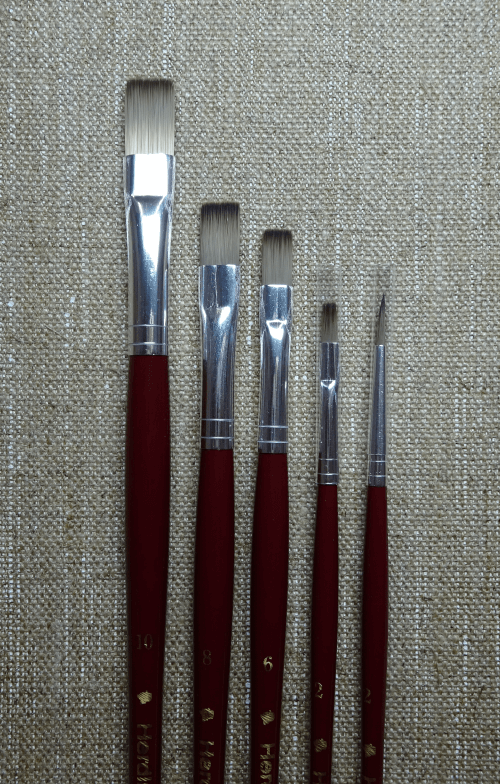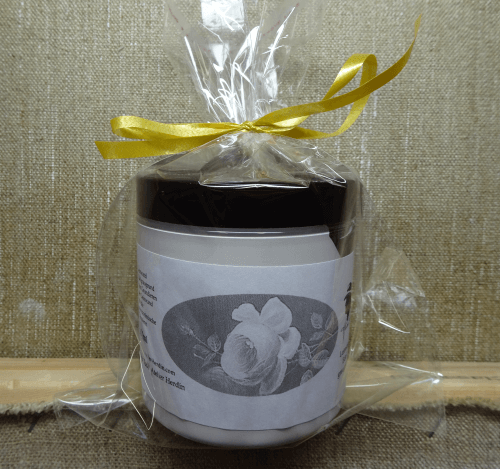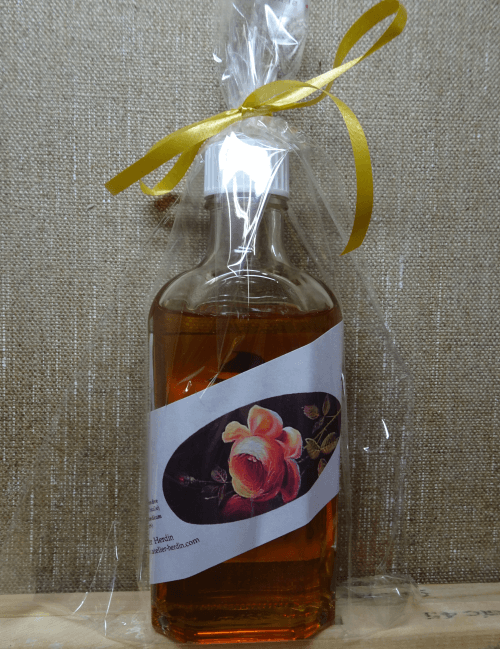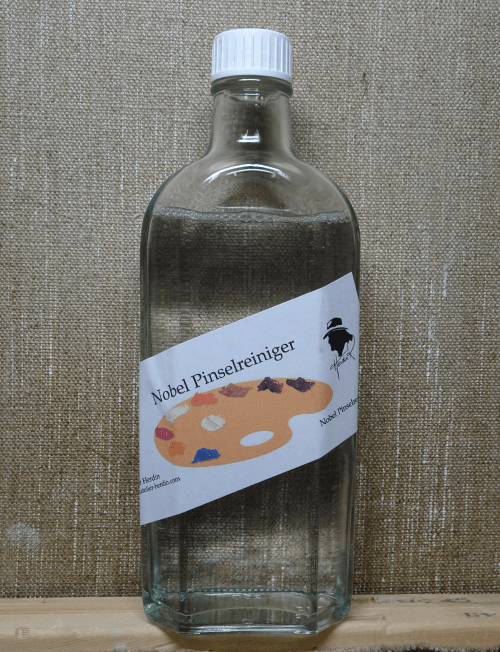Where do I start?
That is always the first thought a beginner will have when starting out in oils.
My answer :
You need simple, easy to understand instructions concerning the following items :
1. Which brushes to use and how to hold the brush correctly from the beginning; how and with what do I clean it avoiding the smell of turps.
2. Which colours do I use as a beginner and how many different colours do I need.
3. Which type of canvas should I use and which is the best material.
4. How do I prime a canvas correctly and which primer should I use.
5. Which medium should I use and what do I have to do with it.
6. What should be my first easel.
7. What kind of light should I have in my room.
8. What should be my first subject to create a realistic three dimensional image full of light.
9. How do I put oil paints on my canvas – how to hold the brush, how much pressure to apply, what about the length of strokes.

Below you will find some information. You will learn much more during my workshops.
Beginners also like my training DVDs which explain the POMPONIST way of LEARNING by practicing on small happy paintings. For enquiries click here
Tips for Beginners
How to prime a canvas ?

You can purchase “Herdin´s Special Primer” from our shop. It allows you to prime your canvas very nicely. It makes sense to do so with short light brush strokes. That is ideal for practicing the right way to handle the brush. For enquiries click here
How long does the medium keep the paints workable?

Our specially prepared medium will be applied evenly and thinly to the whole canvas. This allows you to work on it for a day. On the following day the painting will be quite dry compared with traditional oil paintings. If you use a lot of white the drying time will extend to 2 – 3 days. For enquiries click here
How do I clean my brushes ?
One of the outstanding features of my way of painting is that you never clean your brushes with turps while you work. As my technique suggests only to use one side of the brush gently picking up colour on its surface, the brush will not get stained down to the last bristle. The painting process also employs more of a “smoothe stroking” action.

That way you can wipe excessive paint off the brush at any time using a cloth and pulling the brush through between your thumb and digit finger. This also reshapes the flat side of the brush and ensures that is does not fray so easily.
If necessary you can use my odourless brush cleaning agent. For enquiries click here
